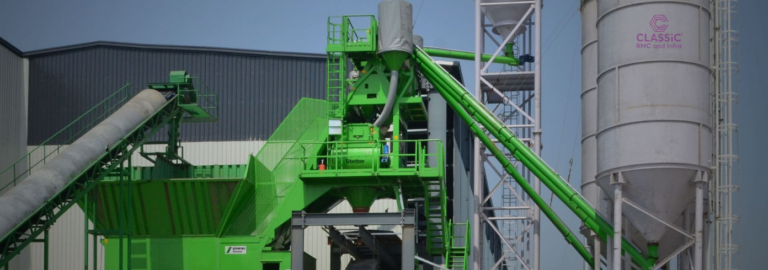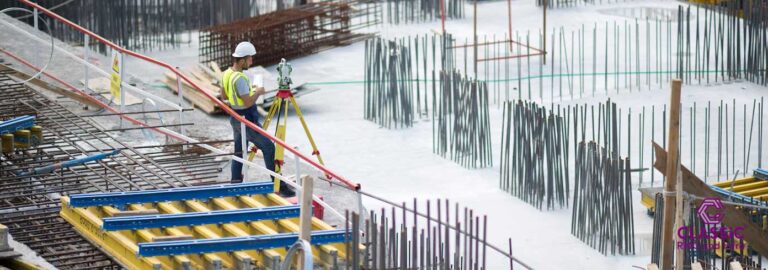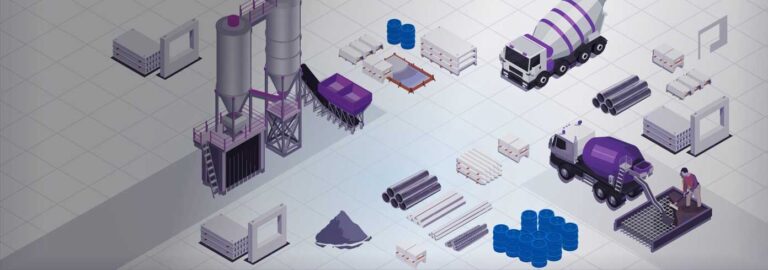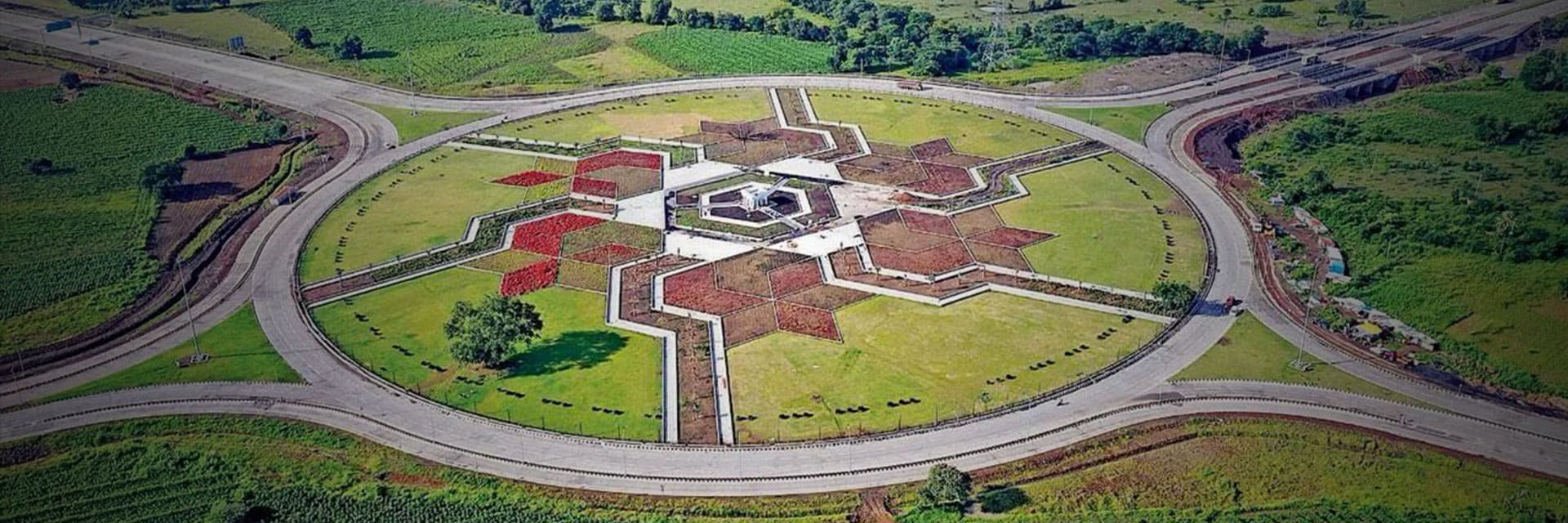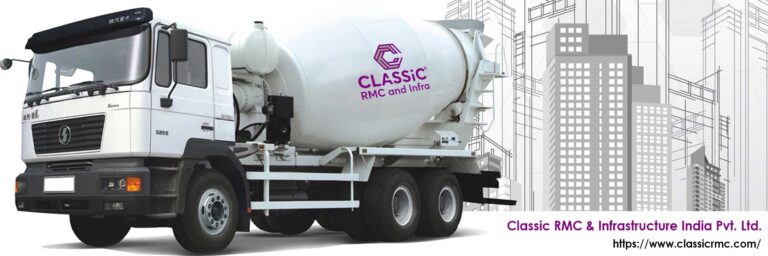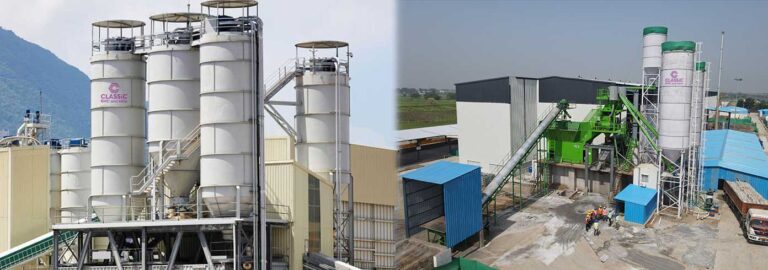The Ultimate Guide to Ready Mix Concrete: What It Is and Why It's Essential
Learn all about ready-mix concrete—from what it is to why it’s a crucial component for any construction project. Explore its benefits, common applications, and expert tips for selecting the perfect mix for your needs.
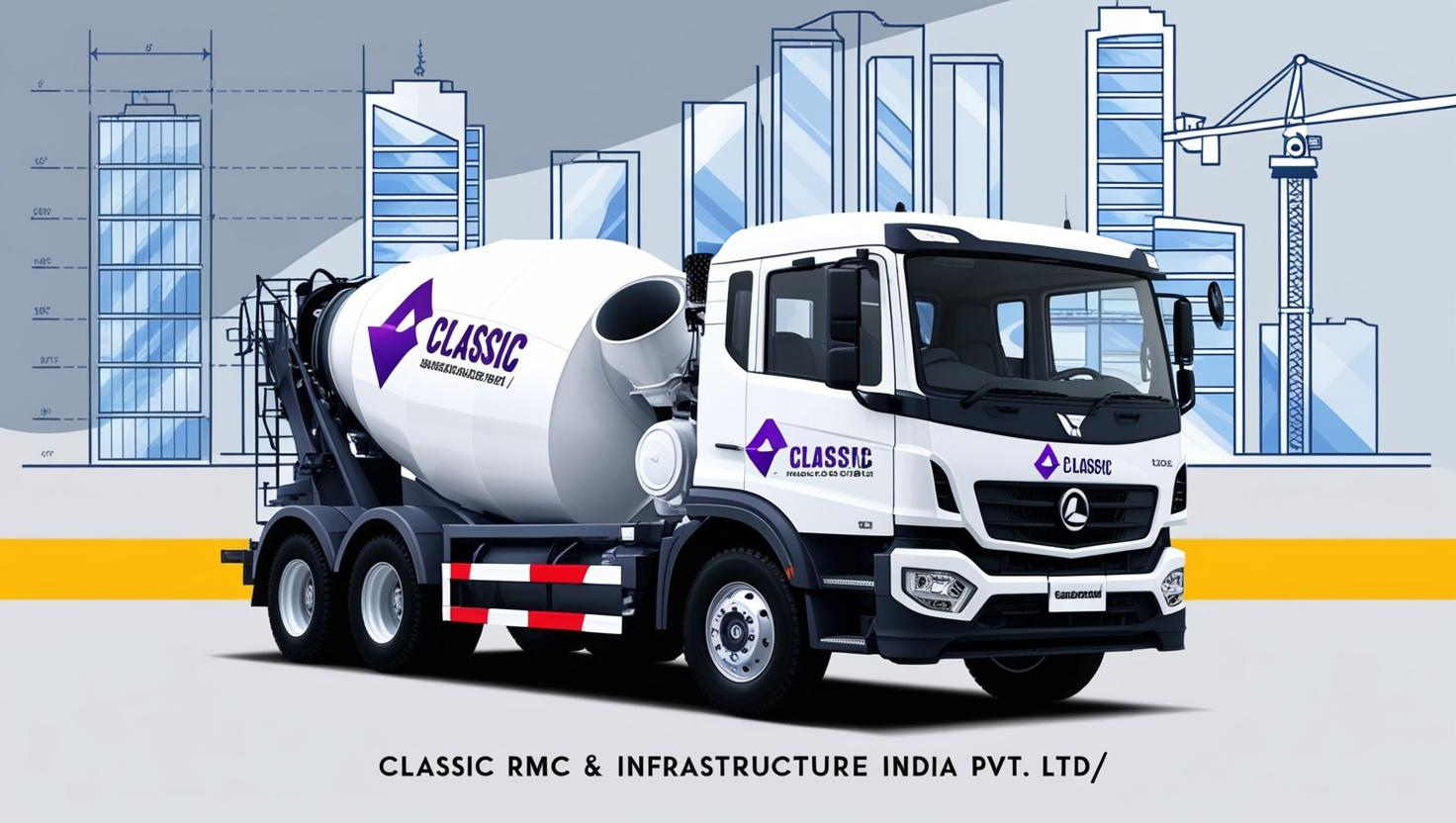
Best practices to help you understand why ready mix concrete
Concrete is the backbone of modern construction, providing strength and durability to everything from homes to skyscrapers. Among the various types of concrete, ready mix concrete has emerged as a game-changer due to its convenience and efficiency. But what exactly is ready mix concrete, and why is it so essential for today’s construction projects?
In this guide, we’ll explore its composition, benefits, applications, and best practices to help you understand why ready mix concrete is a top choice for builders and contractors.
What Is Ready-Mix Concrete? Definition, Benefits, and Applications
Ready mix concrete is a pre-mixed construction material manufactured at a batch plant according to a specific recipe. It typically consists of cement, aggregates (like sand and gravel), water, and additives, blended to meet project requirements. Once prepared, it’s delivered to the job site in a truck-mounted transit mixer, ready to pour. Unlike traditional on-site mixing, ready mix concrete ensures consistency and saves time, making it ideal for projects of all sizes.
How It’s Made
The production process begins at a concrete plant, where ingredients are precisely measured and mixed. The mixture is then loaded into a transit mixer, which keeps it agitated during transport to prevent setting. This controlled process guarantees uniform quality, which is critical for structural integrity.
Ready Mix vs. Traditional Concrete
Traditional concrete is mixed on-site, often leading to inconsistencies due to human error or environmental factors. Ready mix concrete, on the other hand, is prepared under controlled conditions, offering superior quality and reliability. It also reduces the need for on-site equipment and labor.
Benefits:
Ready mix concrete offers numerous advantages that make it a preferred choice in the construction industry. Here are the key benefits:
-
Time-Saving: Delivered ready to pour, it eliminates the need for on-site mixing, speeding up project timelines.
-
Consistent Quality: Precise mixing at the plant ensures uniformity, reducing the risk of weak spots.
-
Flexibility: Available in various mix designs, it can be tailored for specific strengths or weather conditions.
-
Cost-Effective: Reduces labor, equipment, and material waste, lowering overall costs.
-
Eco-Friendly: Efficient production and reduced waste contribute to sustainable construction practices.
Applications:
Ready mix concrete is versatile and used in a wide range of construction projects, including:
-
Residential Construction: Foundations, driveways, and patios.
-
Commercial Buildings: High-rise structures, warehouses, and office complexes.
-
Infrastructure Projects: Roads, bridges, and tunnels.
-
Landscaping: Decorative elements like stamped concrete or garden paths.
Its adaptability makes it suitable for both structural and aesthetic purposes, meeting diverse project needs.
How to Choose ?
Selecting the right ready mix concrete depends on your project’s requirements. Consider these factors:
-
Strength and Durability: Choose a mix design that matches the load-bearing needs (e.g., high-strength for bridges).
-
Weather Conditions: Opt for mixes with additives for extreme heat, cold, or wet environments.
-
Project Timeline: Ensure the supplier can deliver on schedule to avoid delays.
-
Supplier Reliability: Work with reputable concrete suppliers who offer quality assurance and timely concrete delivery.
Research local concrete suppliers and request samples or specifications to ensure the mix meets your needs.
Best Practices for Using Ready Mix Concrete
To maximize the benefits of ready mix concrete, follow these best practices:
-
Prepare the Site: Clear debris and ensure access for the delivery truck (typically 11 meters long and 3 meters wide).
-
Coordinate Delivery: Schedule concrete delivery to align with your pouring timeline to prevent premature setting.
-
Proper Pouring: Use skilled workers to pour and level the concrete evenly.
-
Curing: Keep the concrete moist for at least seven days to ensure proper hardening.
-
Avoid Common Mistakes: Don’t add extra water to the mix, as it can weaken the concrete.
By following these steps, you can achieve optimal results and long-lasting structures.
7 essential tips will help you make the most of RMC in your next project
Ready-Mix Concrete (RMC) is a game-changer for construction—offering consistency, efficiency, and quality. But to get the best results, you need to handle it right. Whether you’re working on a residential building, a highway, or a mega bridge, these 7 essential tips will help you make the most of RMC in your next project.
1. Choose a Trusted RMC Supplier
Start with a reliable source. Partner with a reputed company like Classic RMC & Infrastructure India Pvt Ltd to ensure consistent quality, timely delivery, and proper support throughout your project.
2. Plan Your Pour Timing Carefully
RMC has a specific shelf life—usually 90 minutes from batching. Make sure your team is ready before the truck arrives to avoid delays and waste.
3. Ensure Site Accessibility
Make sure the site is easily accessible for transit mixers. Clear entry routes and sufficient turning radius reduce delays and improve unloading efficiency.
4. Use the Right Mix Design
Different projects need different concrete grades. Discuss with your supplier about the best mix for your specific requirements—whether it’s for road pavements, footings, or bridge decks.
5. Check Temperature and Weather Conditions
Hot or rainy weather can affect concrete performance. Use curing compounds, waterproof sheets, or accelerators/retarders as needed based on the season and project location.
6. Inspect Before You Pour
Before pouring, inspect the RMC visually for consistency, slump, and segregation. Conduct on-site cube testing if needed to confirm compressive strength.
7. Don’t Skip Curing
Even the best concrete needs proper curing to gain its full strength. Ensure your team follows appropriate curing methods (like water curing or curing compounds) for at least 7 days, depending on the project.
Final Thought:
Using RMC effectively can save time, reduce labor, and enhance structural performance—but only if used smartly. Follow these tips, and team up with a quality supplier like Classic RMC & Infrastructure India Pvt Ltd to ensure success in every pour.
Ready mix concrete is revolutionizing the construction industry by offering a reliable, efficient, and versatile solution for building projects. Its time-saving, cost-effective, and eco-friendly features make it an essential choice for contractors and DIY enthusiasts alike. Whether you’re constructing a home, a commercial building, or a decorative patio, ready mix concrete delivers unmatched quality. Contact your local concrete suppliers today to explore how ready mix concrete can elevate your next project.
Related Articles
Traditional concrete is mixed on-site, often leading to inconsistencies due to human error or environmental factors. Ready mix concrete, on the other hand, is prepared under controlled conditions, offering superior quality and reliability. It also reduces the need for on-site equipment and labor.
